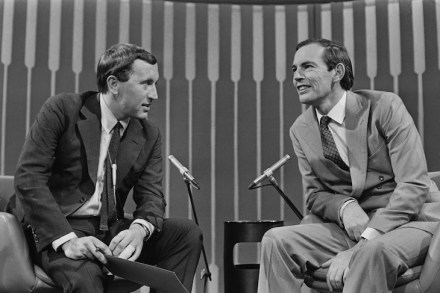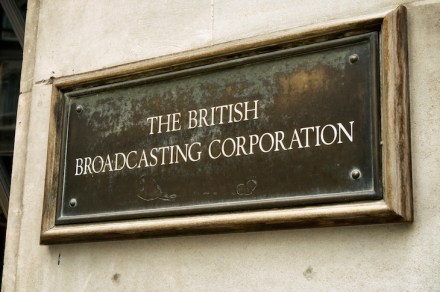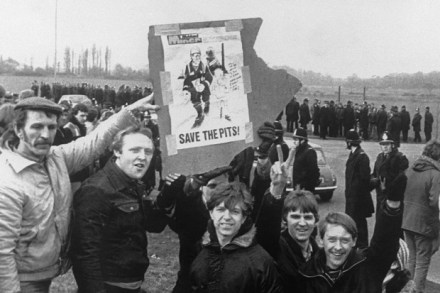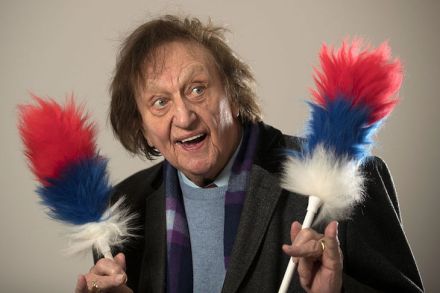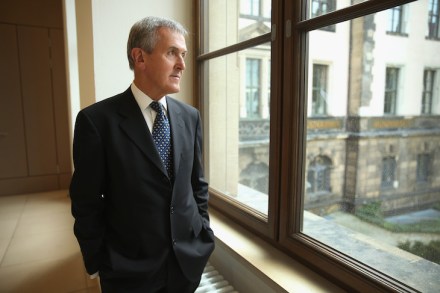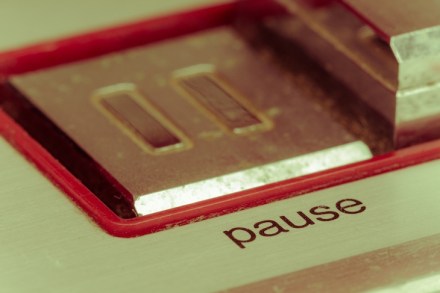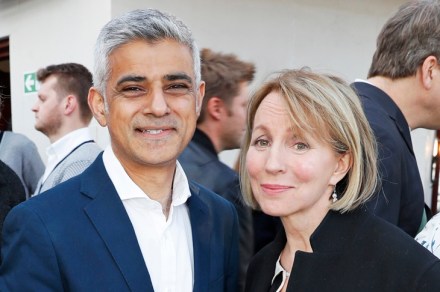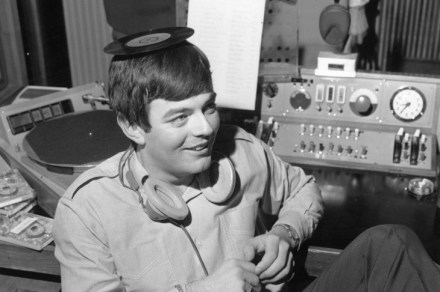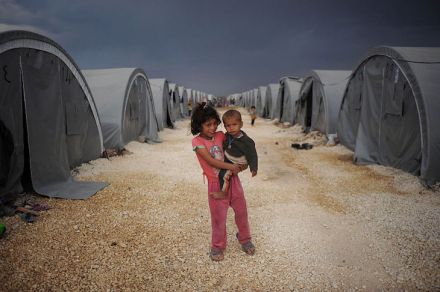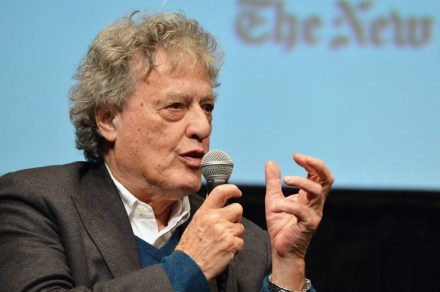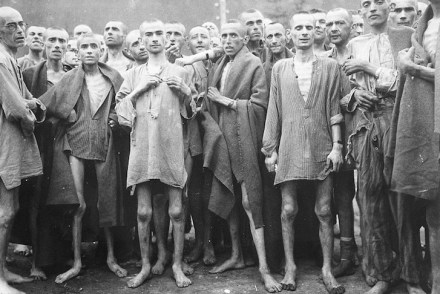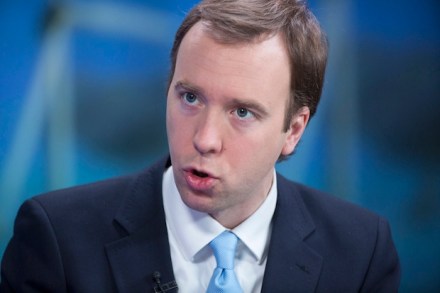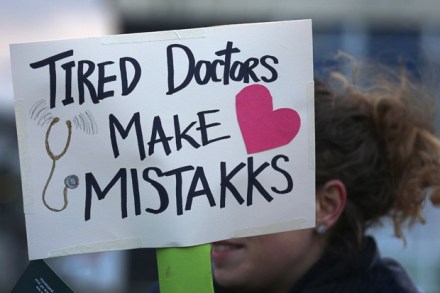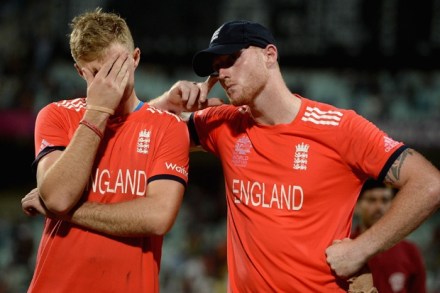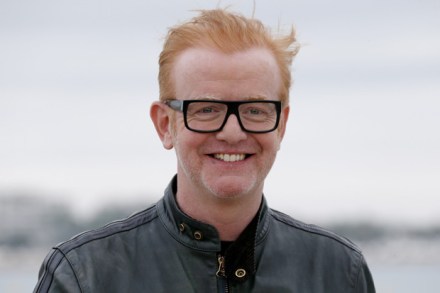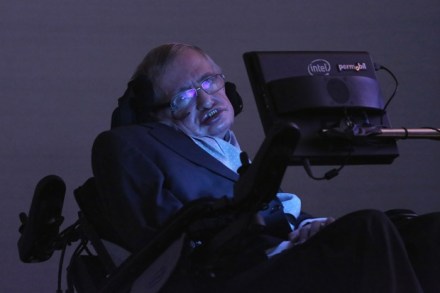Don’t go breaking my heart
It’s been heart week on Radio 4, celebrating the anniversary of the first ‘successful’ heart transplant in 1967, which was performed, controversially, by Dr Christiaan Barnard in South Africa on a patient called Louis Washkansky (who survived the operation and lived for 18 days). The heart, that mysterious, almost mystical organ, is freighted with such cultural significance that back then there were some who thought such feats of medical skill were tampering dangerously with our humanity. Change the heart, and the person within would never be the same. Now, though, as Giles Fraser discovered in his series This Old Heart of Mine (produced by Victoria Shepherd), the official definition of
